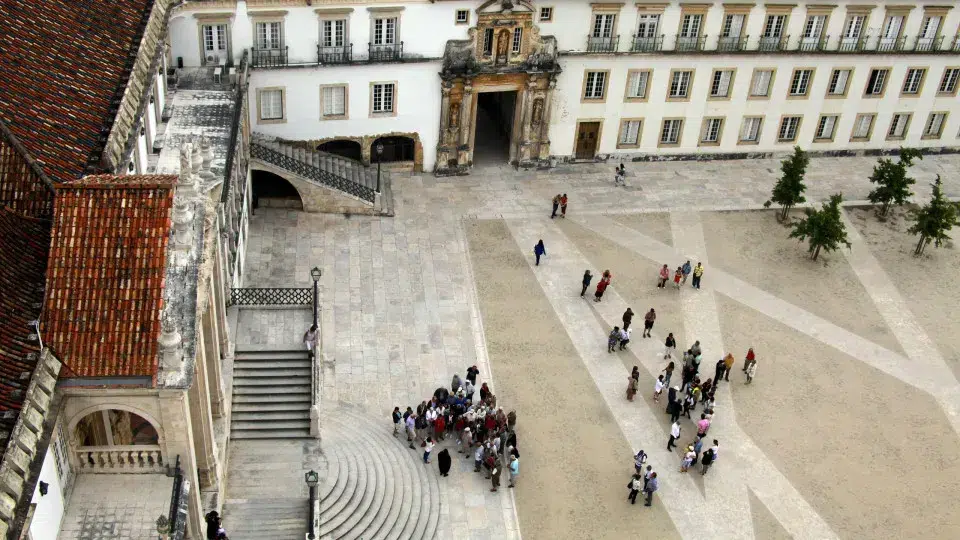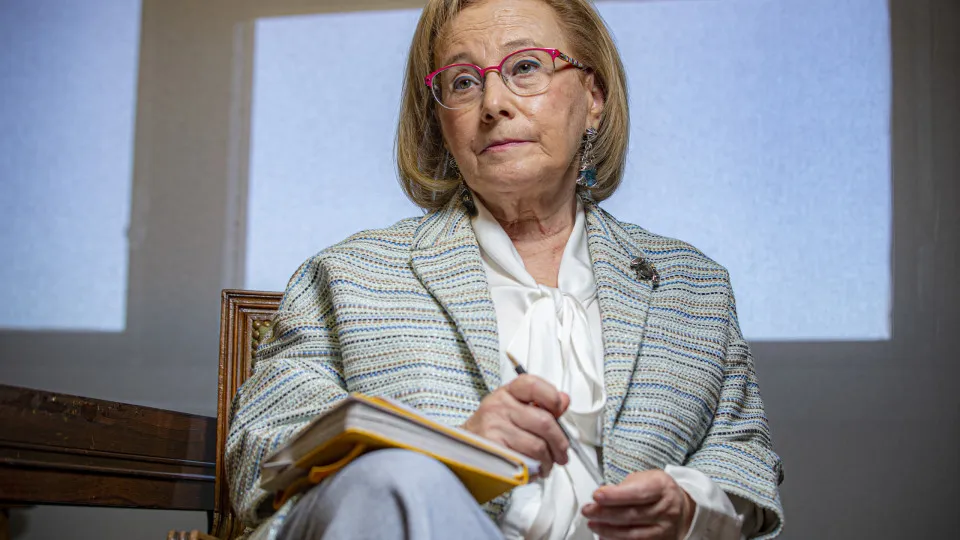
The newly established Arab Studies Center, an unprecedented entity within the national higher education system, has been inaugurated at the Faculty of Arts and Humanities of the University of Coimbra (FLUC), one of the world’s oldest universities. This institution will operate under the oversight of the Sharjah Book Authority (SBA), a governmental entity of the United Arab Emirates that is committed to promoting reading, literature, and the publishing industry, the university announced.
The center, launched with the high patronage of the ruler of Sharjah (one of the seven emirates of the United Arab Emirates), Sultan bin Muhammad Al-Qasimi, will commence offering courses in Arabic language and culture starting from early October.
In addition to teaching Arabic through structured programs focusing on language, grammar, and calligraphy, the center will organize conferences, open classes, workshops, colloquia, exhibitions, and concerts centered on Arab culture. It will also promote cultural and literary exchanges between Arab and European writers, poets, and thinkers, and support translation between Arabic and European languages.
The aim is to develop and strengthen academic, scientific, and cultural cooperation between the University of Coimbra and university and cultural institutions in the Arab world. This includes facilitating student, teacher, and researcher exchanges and building partnerships for joint initiatives.
The project also strives to enhance intercultural dialogue by bridging Portugal and the Arab world through literature, culture, education, and languages, fostering mutual understanding and appreciation of commonalities, particularly historical ties, between the two cultures.
According to FLUC Director Albano Figueiredo, “this is an innovative and distinctive initiative” that will be made “available to the university community and a broader public.”
The center will be led by Abdeljelil Larbi, who holds a degree in Arabic Language and Literature from the Faculty of Social and Human Sciences of Tunis (1999), a master’s in Arab and Islamic Cultural Studies from the Faculty of Letters of Manouba of Tunis (2003), and a doctorate in Comparative Literary Studies from the Faculty of Social and Human Sciences of the New University of Lisbon (2020).
In addition to his experience teaching Arabic language and literature, Larbi is a researcher in cultural and literary studies of Arab countries and has translated various literary works from Portuguese to Arabic.
Translation will be a primary focus of the center, aiming to increase the availability of translated works in both languages.
Another goal for the newly inaugurated unit is to integrate it into a broader network of institutions established with the support of the ruler of the Emirate of Sharjah, across Europe, Africa, and Asia, and to enhance Sharjah’s status as UNESCO’s World Book Capital (2019).
The inauguration ceremony, attended by Sultan bin Muhammad Al-Qasimi, included the launch of the digital library of Coimbra’s Joanina Library, a UNESCO-listed heritage site and one of the university’s most prominent landmarks.
The Joanina Digital project involves digitizing about 30,000 manuscripts and rare books by 2030, making them accessible to scholars and researchers worldwide through digital platforms.
One highlight of this pilot project is the digital collection dedicated to the Middle East, “a valuable resource for research on the presence of the Portuguese in the Gulf and Arabian Peninsula,” as noted by the university.
“This project goes far beyond merely transferring material from paper to digital. It represents a concerted effort to honor a unique collection, recover items in need of conservation and restoration, and provide an opportunity to project one of the world’s most beautiful libraries into the digital realm,” stated Amílcar Falcão, Rector of the University of Coimbra, in a university press release.
According to Sultan bin Mohammed Al Qasimi, who is also a member of the Supreme Council of the United Arab Emirates, Sharjah’s support for this project reflects its belief that “human development precedes all institutions and culture is the foundation upon which nations and civilizations are built.”
“The Joanina Digital builds a bridge between Europe and the Arab world, connecting generations of academics, researchers, and students to rare knowledge that informs the present and builds the future,” he added.
The pilot phase of Joanina Digital structured technical processes and developed the platform architecture from scratch, with around 160,000 pages digitized and 3,343 volumes cataloged, preparing for progressive publication of new document sets.
Simultaneously with the launch of the study center and the presentation of the digital library, the exhibition “Joanina Digital – Beyond the Screen” will be opened, showcasing some of the most representative works undergoing digitization and highlighting key aspects of the technical treatment and study of this collection, such as provenance and the unique materiality of each item.




